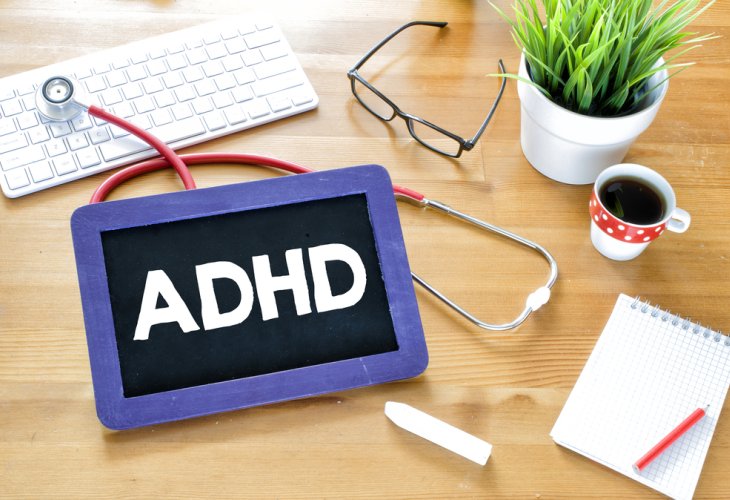New Study Reveals: Treating ADHD in Children Reduces Risk of Sudden Death
Recent findings indicate untreated children are more prone to sudden death, such as from accidents. ADHD is quite prevalent today. What happens if it's left untreated, and how can it be detected?
 (Photo: Shutterstock)
(Photo: Shutterstock)How important is it to address our children's attention and focus issues? A recently published study may reinforce the urgency of tackling this matter quickly. The research discovered that untreated ADHD increases the risk of death from unnatural causes. This can result from accidents or other early death-causing factors linked to the disorder.
The study examined 150,000 Swedish residents across all age groups diagnosed with ADHD. Researchers monitored sudden deaths that occurred within two years of diagnosis. They recorded 48 sudden deaths per 10,000 diagnosed individuals compared to 39 among those receiving medication. This calculation demonstrated that medication treatment led to a 19% reduction in mortality risk. Medication reduced, notably, the risk of death from "unnatural" causes, such as accidents.
Researchers explained that people with ADHD are at high risk of involvement in fatal accidents or due to smoking or eating disorders, as well as severe symptoms like depression or anxiety. They noted that "medications improve impulse control."
Prof. Iris Manor, a child health expert from Geha Hospital, explained to Maariv website that "ADHD is not a psychological problem but a neurodevelopmental disorder accompanied by changes in the brain's gray and white matter. ADHD medications not only help address attention issues but also improve overall functioning and decrease the risk of accidents, substance abuse, and even suicide. Treating ADHD helps maintain general health, such as undergoing check-ups, taking medications, and attending doctor appointments and reviews."
Recently, it was revealed that ADHD has an inflammatory basis in the body, making medications act as anti-inflammatory agents. Today, ADHD affects 4% of adults and 11% of children, meaning one in ten children suffers from it. It manifests as distractibility, inattention, organizational difficulties, forgetfulness, and impulsiveness. Neglecting treatment can severely affect family life, relationships, and work. Now, the disorder can be diagnosed by a neurologist, using results from a computerized MOXO test, providing an indication of ADHD's presence.

